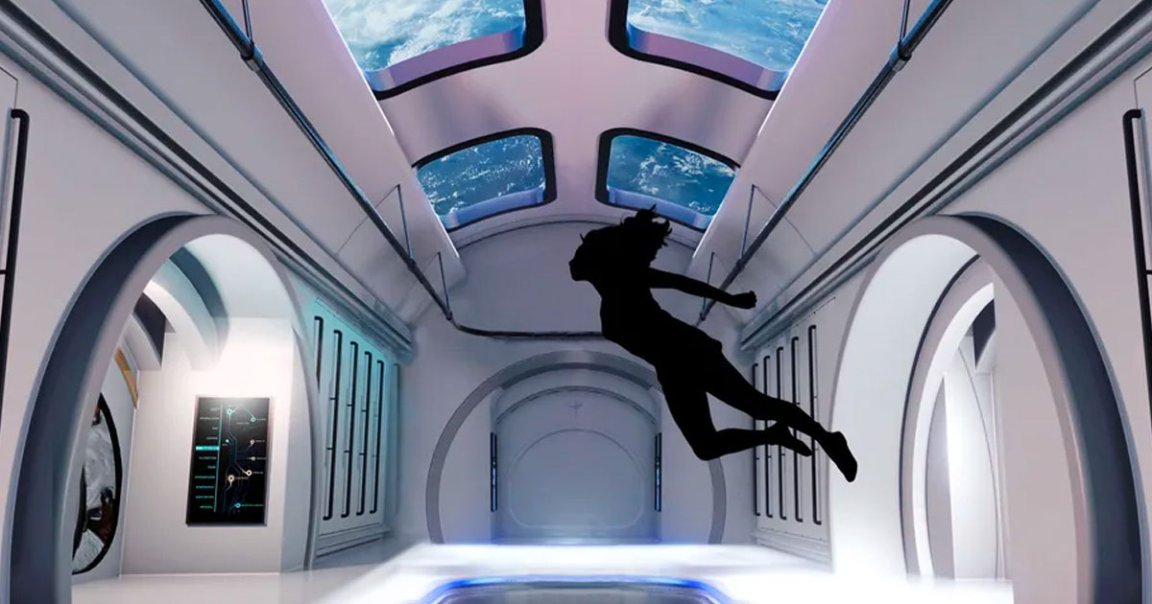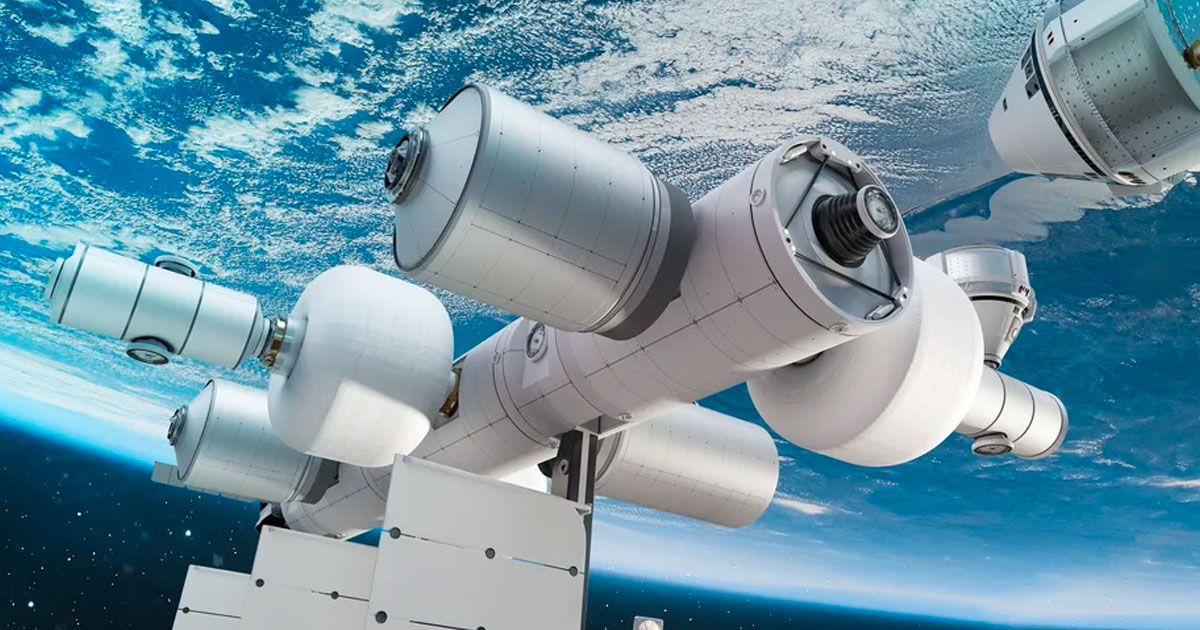
Jeff Bezos’ space company Blue Origin has announced ambitious plans for a new commercial space station called Orbital Reef — and it’s hoping to begin operations before 2030.
The massive station — or at least its design — is a collaborative effort with spaceflight company Sierra Space, a Sierra Nevada Corporation subsidiary.

Blue Origin says it has the backing of several industry leaders including Boeing — but when or if its station will ever actually get built is up for debate. So far, the company has only flown a suborbital tourist rocket called New Shepard to the edge of space.
The news also comes after several worrying allegations surfaced about the working conditions Blue Origin employees have faced in recent years, with several key employees leaving.
Its ambitions to design a lunar lander are also mired in controversy, with Bezos suing NASA over its decision to award its lunar lander contract to SpaceX.
Blue Origin may be gunning for NASA funding through other avenues with today’s announcement. The space agency recently announced its Commercial Low Earth Orbit Development program, making up to $400 million of funding available.
The agency received “an incredibly strong response from industry to our announcement for proposals for commercial, free fliers that go directly to orbit,” director of commercial spaceflight Phil McAlister told CNBC last month.
“This strong industry response shows that our plan to retire the International Space Station in the latter part of this decade and transition to commercial space destinations is a viable, strong plan,” he added.
Lockheed Martin and commercial space startup Nanoracks also recently announced that they’re collaborating on the development of a commercial space station called Starlab. The small outpost will be made up of a single docking node as well as an inflatable module to provide power and propulsion.
Blue Origin, however, has much more ambitious plans in mind. Orbital Reef will attempt to pick up where the International Space Station leaves off, starting up as soon as the aging outpost is retired within the next ten years or so.
The futuristic-looking station is designed to house up to ten people and will be able to have spacecraft and modules dock at multiple ports.
The idea is to have other customers make use of the “mixed use business park” facility through an “open system architecture,” according to a press release.
“As the premier commercial destination in low Earth orbit, Orbital Reef will provide the essential infrastructure needed to scale economic activity and open new markets in space,” the release reads.
“We will expand access, lower the cost, and provide all the services and amenities needed to normalize space flight,” Brent Sherwood, senior VP of advanced development programs for Blue Origin said in the statement. “A vibrant business ecosystem will grow in low Earth orbit, generating new discoveries, new products, new entertainments, and global awareness.”
It’s an exciting new prospect and a bold new vision for an ISS-less future. But whether Blue Origin, a space company currently in crisis mode, will be able to realize it — in the second half of this decade no less — remains anything but clear.
READ MORE: Blue Origin reveals plans for future commercial space station called Orbital Reef [The Verge]
More on Blue Origin: George Takei Roasts “Star Trek” Costar William Shatner After Rocket Trip